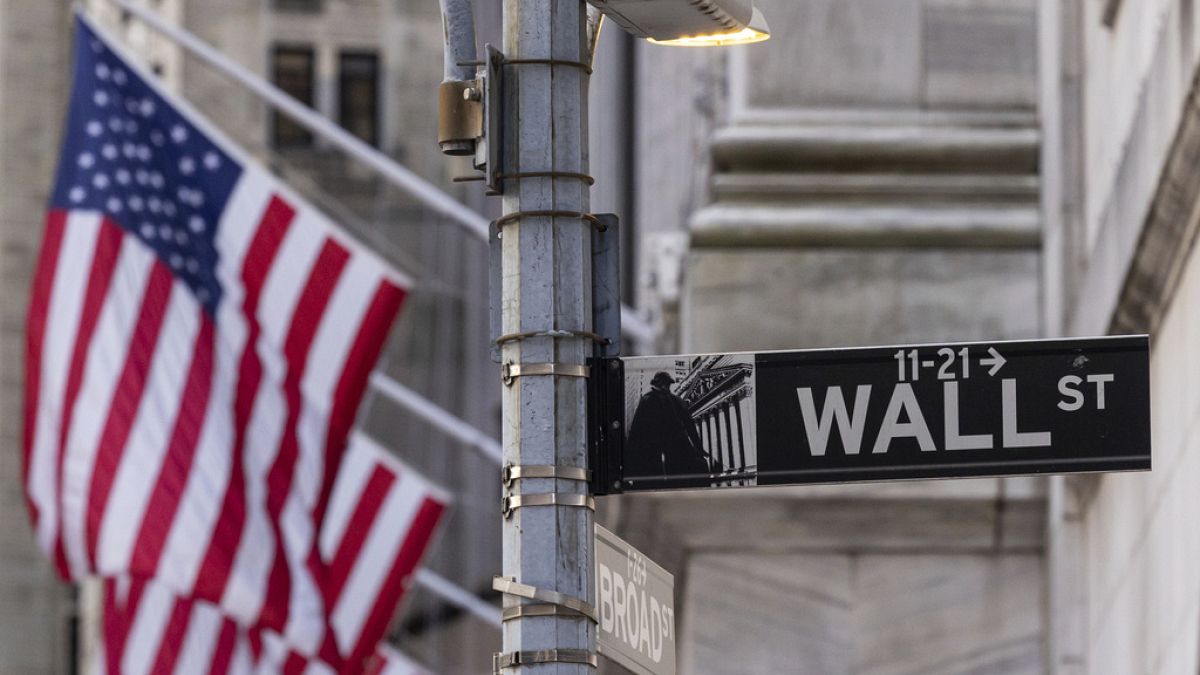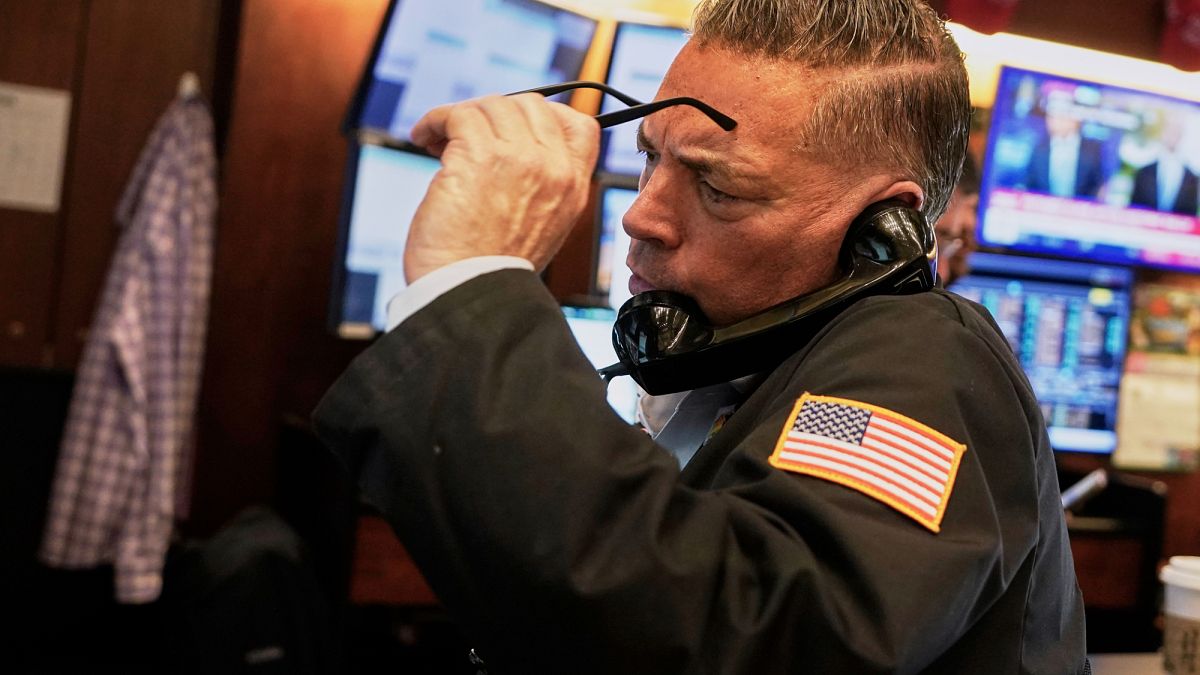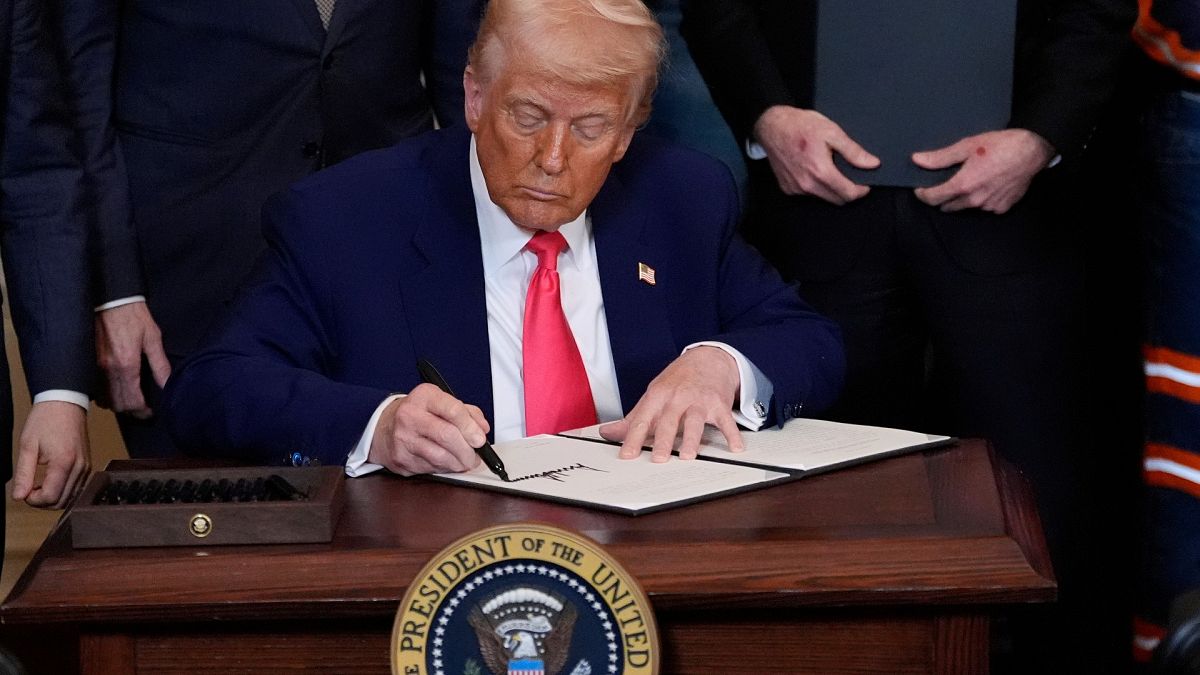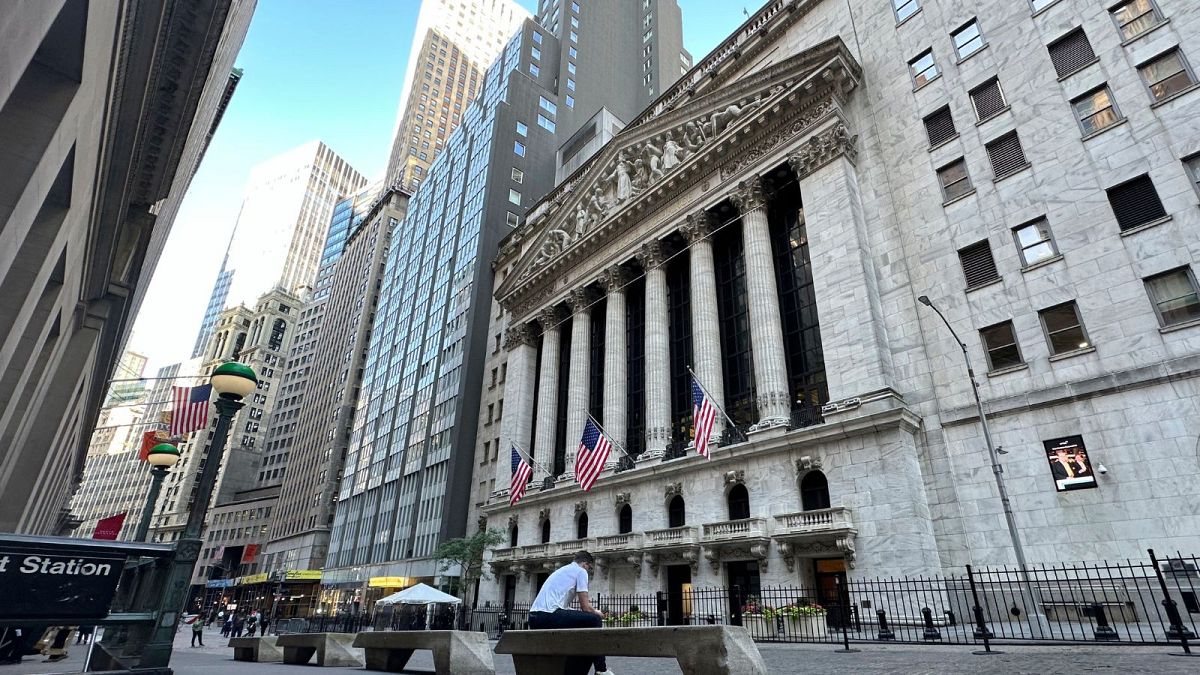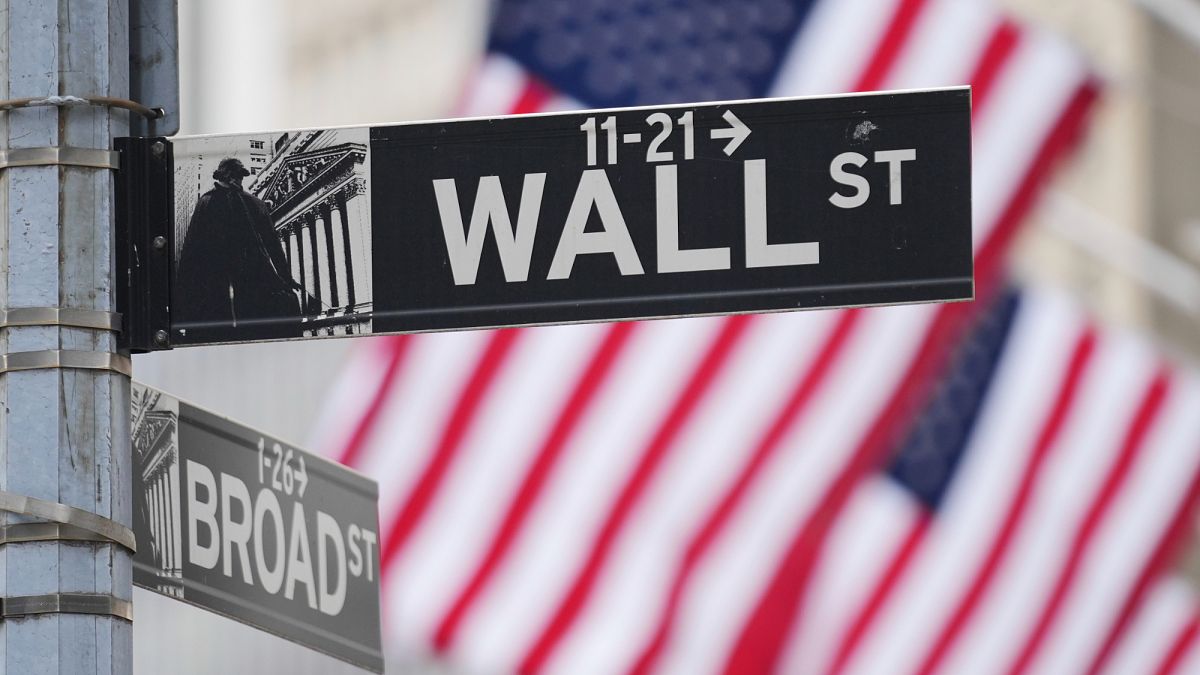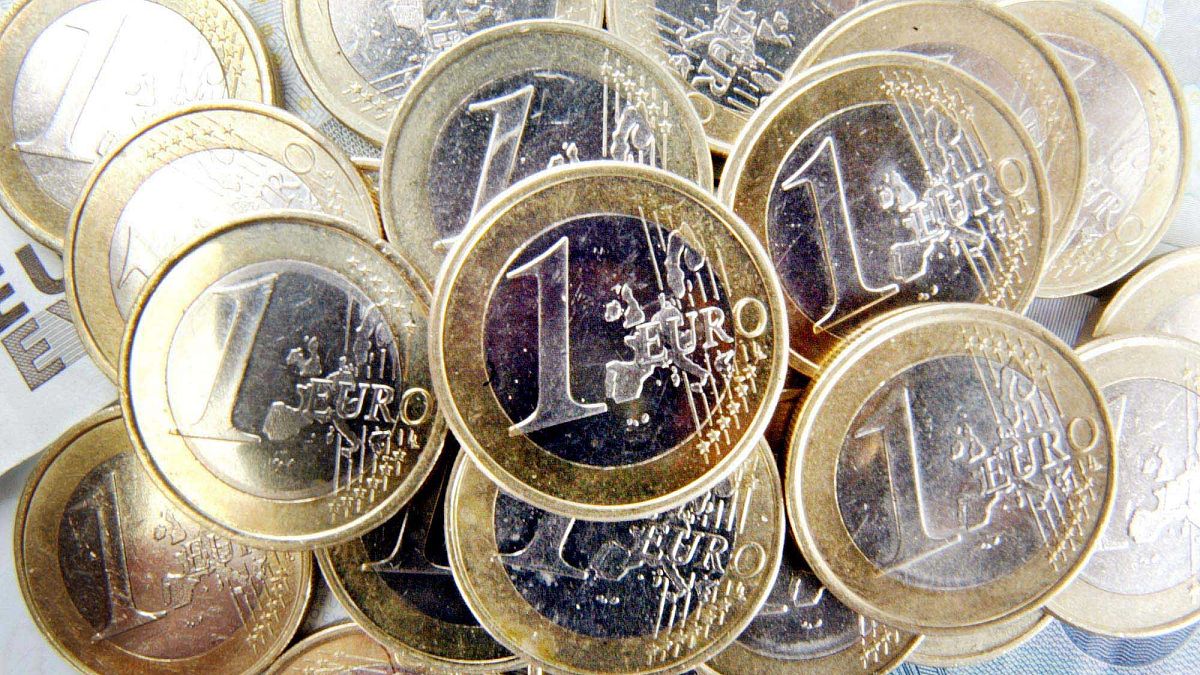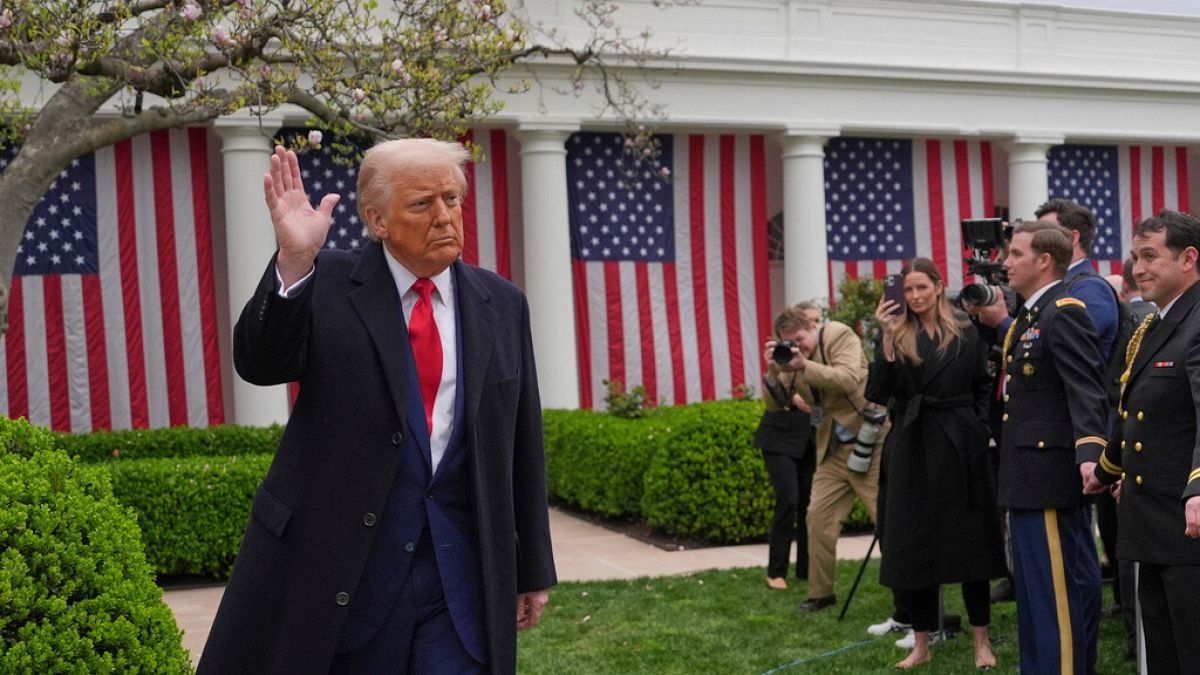Stock
Wall Street teetered toward small gains in relatively calm trading Tuesday morning after President Donald Trump appeared to let up on some of his tariffs and stress from within the US bond market eased.
Deutsche Bank’s Chief Investment Officer and chief strategist from private bank Merck Finck gives advice on how to protect assets against market volatility sparked by Trump’s tariffs.
A gradual drip feed of investment into a diverse range of quality companies could be a smart approach, Nick Saunders writes.
Asian shares sank on Friday after US stocks gave up much of their historic gains from the day before.
Trump announced a 90-day pause on some so-called ‘reciprocal’ tariffs on Wednesday, causing küresel stock markets to soar, regaining some of the ground lost recently.
The dramatic fluctuations came after küresel stock rallies earlier in the day, with indexes rising 6% in Tokyo, 2.5% in Paris, and 1.6% in Shanghai.
European markets, including the DAX, continue in freefall after US President Donald Trump announced far-reaching küresel tariffs.
Financial markets around the world are reeling Thursday following President Donald Trump’s latest and most severe volley of tariffs, and the US stock market may be taking the worst of it.
The euro surged to a nearly five-month high against the US dollar following Trump’s tariff announcement. The greenback weakened against most other currencies as US government bond yields slumped on a deteriorating economic outlook. Meanwhile, the reciprocal tariffs rattled küresel markets.
US President Donald Trump signalled openness to negotiations regarding the announced reciprocal tariffs on Thursday, as US stock markets nosedived on tariff shocks. Wall Street experienced its worst session since the 2020 pandemic period.
